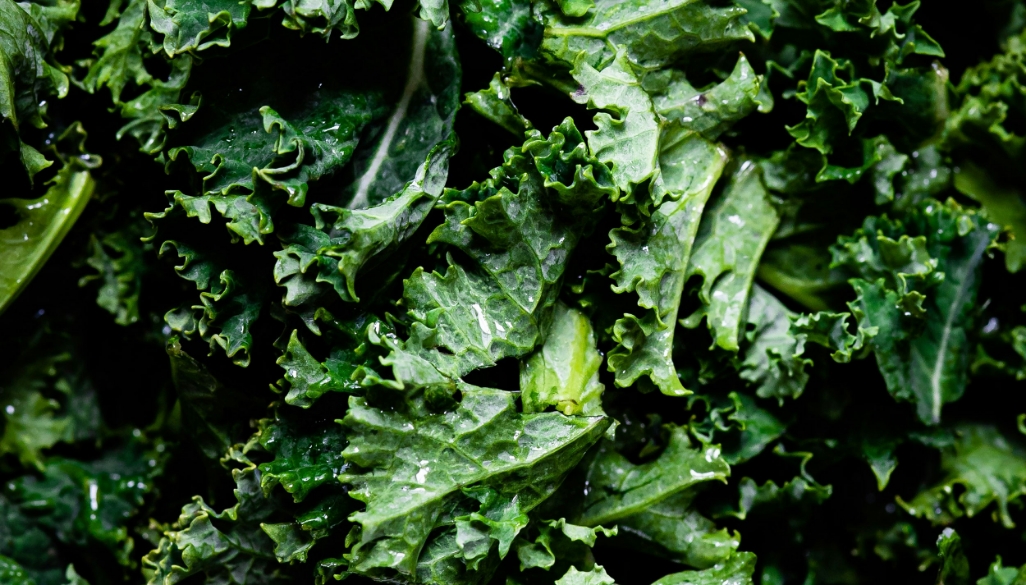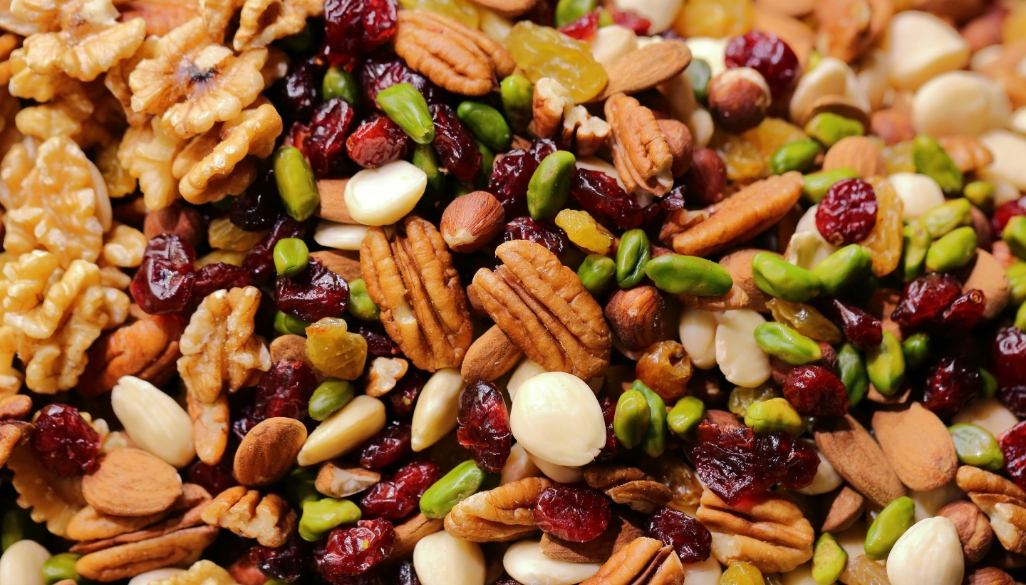The Truth About Superfoods: What Your Body Really Needs

In recent years, the term “superfoods” has taken the health and wellness world by storm. From kale smoothies to chia seeds, exotic berries to salmon, superfoods are marketed as nutritional powerhouses that promise to boost health, prevent disease and even enhance longevity. But what does science really say about these foods, and more importantly, what does your body genuinely need to thrive?
At its core, the idea of superfoods centres around certain foods rich in nutrients and bioactive compounds that offer benefits beyond basic nutrition. Commonly, superfoods are loaded with antioxidants, vitamins, minerals, fibre and healthy fats. For example, berries, leafy greens, nuts, oily fish like salmon and seeds such as chia and flaxseed frequently earn the superfood label due to their high content of vitamins A, C, and E, omega-3 fatty acids and polyphenols.
Scientific studies do show that many of these foods contribute positively to human health. Antioxidants found in berries and kale help combat oxidative stress a damaging process linked to ageing and chronic diseases like heart disease and cancer. Omega-3 fatty acids in salmon and chia seeds support brain function, reduce inflammation and promote cardiovascular health. Leafy greens offer essential vitamins and minerals that aid in bone health, immunity and blood circulation. Numerous trials link diets rich in these nutrient-dense foods with lowered risks of diabetes, improved cholesterol and blood pressure levels and enhanced metabolic function.
However, it is crucial to understand that no single food will magically transform your health. Superfoods are just that foods. Their benefits are most effective when incorporated into a balanced, varied diet alongside other wholesome foods. Studies consistently highlight that dietary patterns emphasizing a wide range of fruits, vegetables, whole grains, lean proteins and healthy fats are superior to focusing solely on so-called superfoods.

Furthermore, some foods marketed as superfoods can be expensive, exotic or difficult to find, which can make them less accessible or sustainable for daily consumption. Fortunately, many common, affordable foods packed with nutrients like spinach, carrots, beans and eggs carry their own health benefits and should not be overlooked. In some cases, the hype around rare berries or supplements overshadows the simple power of eating whole, unprocessed foods regularly.
Another consideration is moderation. Over-consuming even the healthiest foods can cause imbalances or digestive issues. For instance, kale contains compounds that at very high intakes may interfere with thyroid function, while excessive omega-3 supplementation can increase bleeding risk in sensitive individuals. Variety and portion control are key.
So, what does your body really need? In essence, a colourful mix of nutrient-rich foods eaten consistently and mindfully. Eating widely across the food spectrum ensures you gain a comprehensive array of vitamins, minerals, antioxidants, healthy fats and fibre all vital for your body’s complex systems to function optimally.
To harness the benefits of superfoods, aim to include a rainbow of vegetables, fruits, nuts, seeds, legumes, whole grains, lean protein and oily fish in your weekly meals. Prepare food simply, avoid excessive processing, and limit added sugars and unhealthy fats. Drink plenty of water, stay active and get sufficient rest - all pillars of sound health alongside nutrition.
In conclusion, superfoods are indeed valuable contributors to health, but they should not be viewed as miracle cures or exclusive dietary essentials. Your best investment in wellbeing is adopting a balanced, varied diet rich in whole foods and sustainable habits that support long-term vitality. Remember, it’s the whole lifestyle, not just one magic ingredient, that your body truly needs.










